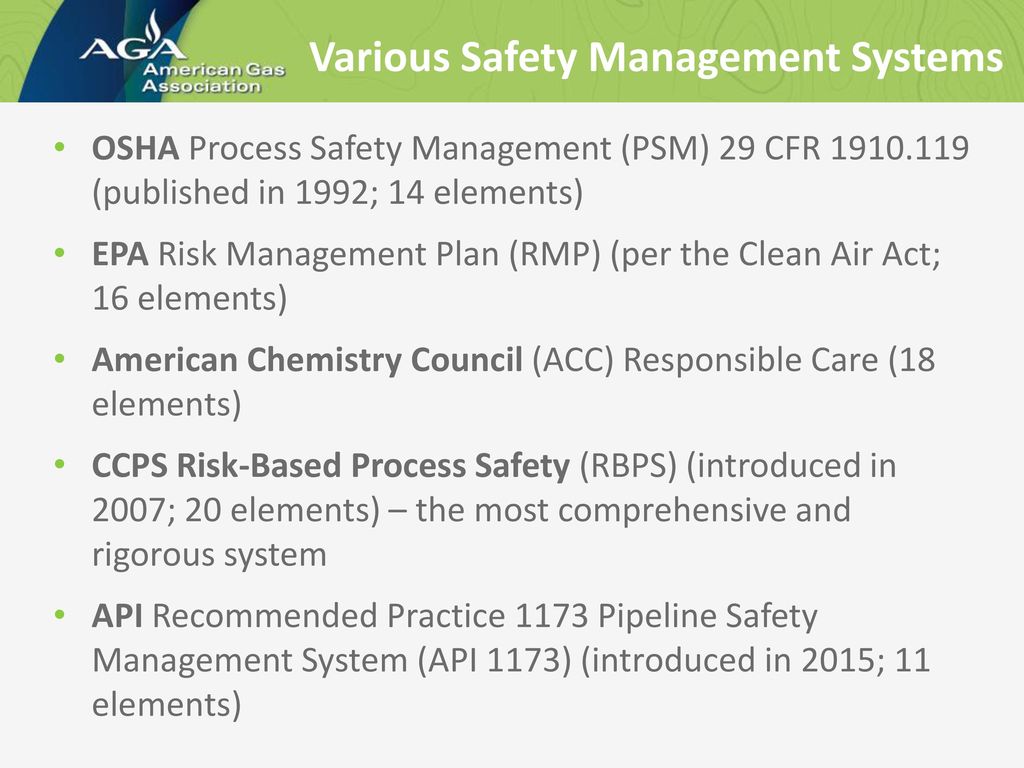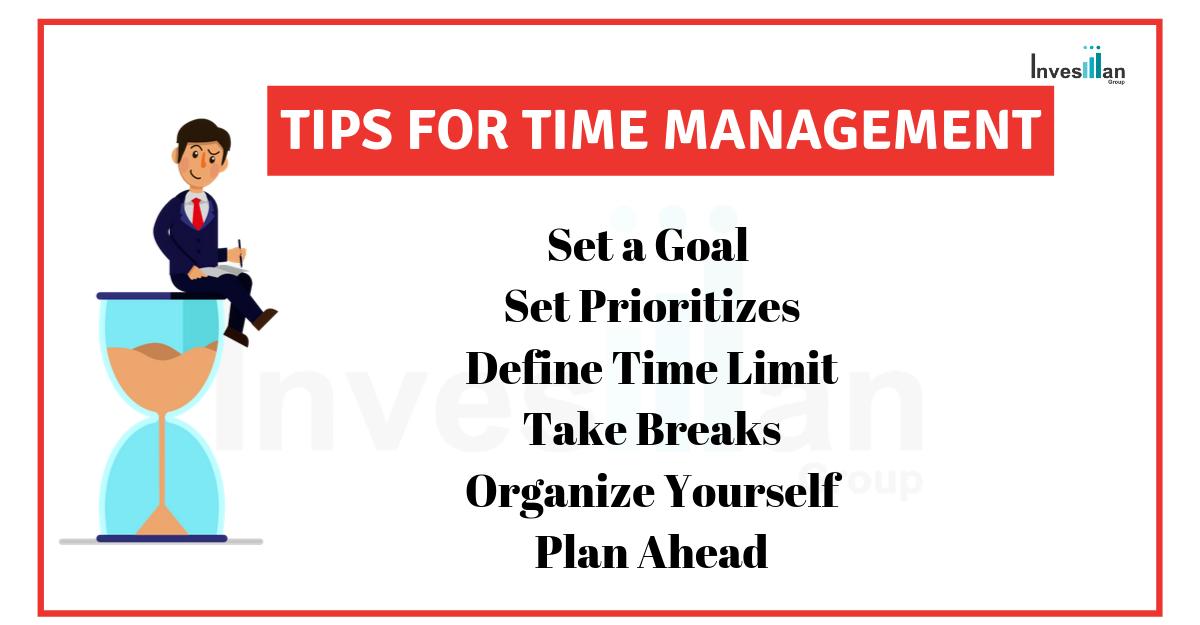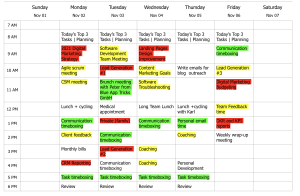
Here are some things to remember when hiring a human resources professional. These include the job description, requirements for hiring, and the cost. As your HR department grows in size, the duties and requirements of each employee may change. Avoid using cliches to describe your role. This can cause candidates to be turned away.
Human resources professionals have a bright future
The human resources (HR) profession offers many opportunities for career growth and job satisfaction. Many companies depend on HR professionals to maximize employee productivity, recruit talent and implement company policies. It is a high-paying job that can lead to leadership positions. It can be challenging to get into this field so make sure you consider your goals before choosing this career path.

As more companies open, the demand for qualified HR professionals will rise. Because HR specialists must be able to comprehend increasingly complicated employment laws and healthcare coverage options, this is why there is a growing demand for them. According to the Bureau of Labor Statistics, the number of HR jobs will increase by 9.2% over the next decade.
Requirements for Hiring
There are several qualifications you should take into consideration when searching for a career as a Human Resources professional. Companies prefer candidates who hold a certification issued by a professional organization. There may be a certification exam fee. Other organizations may require continuing education credits. However, relevant work experience is what's most important. This means typically that you need to have between 8-10 years' experience in the HR field, whether in a specialist or generalist capacity.
A bachelor's degree is generally required for entry-level HR roles, though there are other educational requirements as well. Many HR professionals are graduates of business administration, human resource management, or organizational development. The ability to communicate well with people is possible through courses in communications, psychology and professional writing. This career field can also benefit from a degree in finance or accounting. Companies prefer those with an MBA for higher-ranking positions. A professional certification in human resources may also be beneficial for your career and pay.
Cost of hiring an HR professional
There are many factors that affect the cost of hiring an HR professional. The salary of an in-house HR professional can range from $130,000 to $170,000 per year. The cost of hiring an HR professional is dependent on their experience and the types of HR functions they work with. Costs for hiring a third-party human resources professional will also vary depending upon the size of the organization and its requirements.

An HR professional can be hired by companies to help them in the hiring process. This can be cheaper than hiring an HR professional from outside. An HR professional will perform all the necessary hiring tasks, including the initial screen of applicants and interviewing them.
FAQ
What are the most common errors made by managers?
Sometimes managers make their job harder than they need to.
They may not delegate enough responsibilities to staff and fail to give them adequate support.
Additionally, many managers lack communication skills that are necessary to motivate and direct their teams.
Managers can set unrealistic expectations for their employees.
Managers may attempt to solve all problems themselves, rather than delegating it to others.
What are the main management skills?
No matter if they are running a local business or an international one, management skills are vital. These skills include the ability manage people, finances and resources as well as other factors.
Managerial skills are required when setting goals and objectives and planning strategies, leading employees, motivating them, solving problems, creating policies, procedures, or managing change.
There are so many managerial tasks!
Why is it important that companies use project management methods?
Project management techniques can be used to ensure smooth project execution and meeting deadlines.
This is because most businesses rely heavily on project work to produce goods and services.
Companies need to manage these projects efficiently and effectively.
Companies may lose their reputation, time and money if they do not have effective project management.
What are the steps to take in order to make a management decision?
The decision-making process for managers is complex and multifaceted. It includes many factors such as analysis, strategy planning, implementation and measurement. Evaluation, feedback and feedback are just some of the other factors.
The key thing to remember when managing people is that they are human beings just as you are and therefore make mistakes. As such, there are always opportunities for improvement, especially when you put in the effort to improve yourself.
This video shows you how management makes decisions. We'll discuss the different types and reasons they are important. Managers should also know how to navigate them. The following topics will be covered.
Statistics
- 100% of the courses are offered online, and no campus visits are required — a big time-saver for you. (online.uc.edu)
- The BLS says that financial services jobs like banking are expected to grow 4% by 2030, about as fast as the national average. (wgu.edu)
- This field is expected to grow about 7% by 2028, a bit faster than the national average for job growth. (wgu.edu)
- The average salary for financial advisors in 2021 is around $60,000 per year, with the top 10% of the profession making more than $111,000 per year. (wgu.edu)
- The profession is expected to grow 7% by 2028, a bit faster than the national average. (wgu.edu)
External Links
How To
How do you apply the 5S at work?
A well-organized workspace will make it easier to work efficiently. An organized workspace, clean desk and tidy room will make everyone more productive. The five S’s (Sort. Shine. Sweep. Separate. and Store) all work together to ensure that every inch is utilized efficiently and effectively. In this session, we'll go through these steps one at a time and see how they can be implemented in any type of environment.
-
Sort. Clear away clutter and paper so that you don’t spend time looking for it. You need to put your things where you use them the most. If you frequently refer back to something, put it near the place where you look up information or do research. Consider whether you really need the item. If it no longer serves a useful purpose, get rid it!
-
Shine. Keep your belongings tidy and organized so you can spend less time cleaning up afterwards. Don't leave anything that could damage or cause harm to others. Find a safe way to store pens that you don't want anyone else to see. You might consider investing in a pen holder. This is a smart investment since you won't have to lose any pens.
-
Sweep. To prevent dirt buildup on furniture and other items, clean them regularly. You may want to invest in some dusting equipment to ensure that all surfaces are as clean as possible. You can even set aside a specific area for sweeping and dusting to keep your workstation looking tidy.
-
Separate. When you are ready to dispose off your trash, it is a good idea to separate it into bins. Trash cans are placed in strategic locations throughout the office so you can quickly dispose of garbage without having to search for it. Make sure that you take advantage of this location by placing trash bags next to each bin so that you don't have to dig through piles of trash to find what you need.